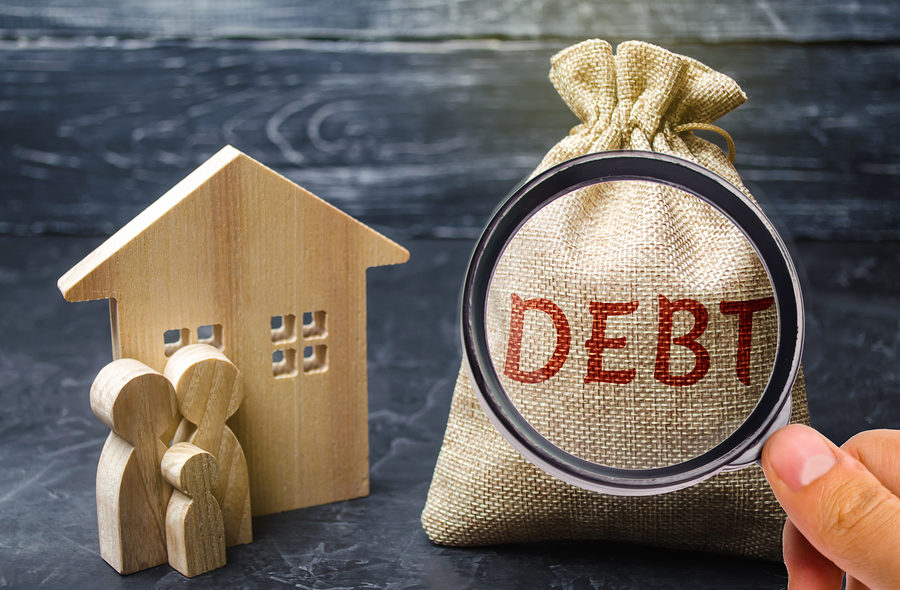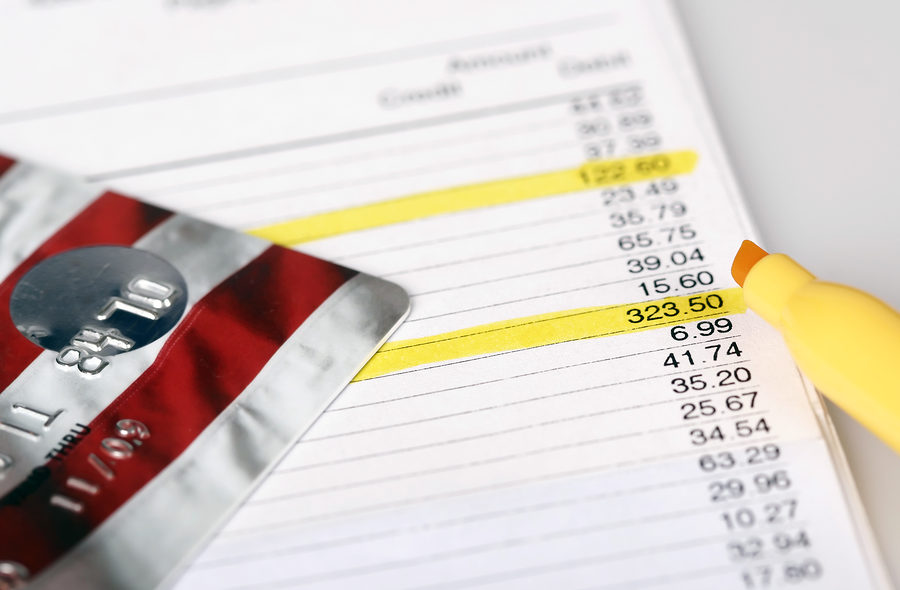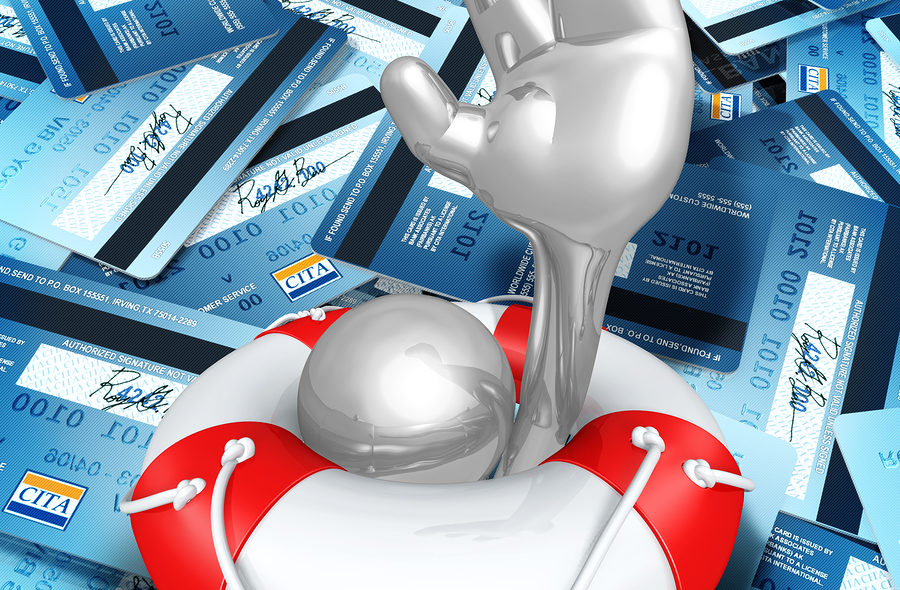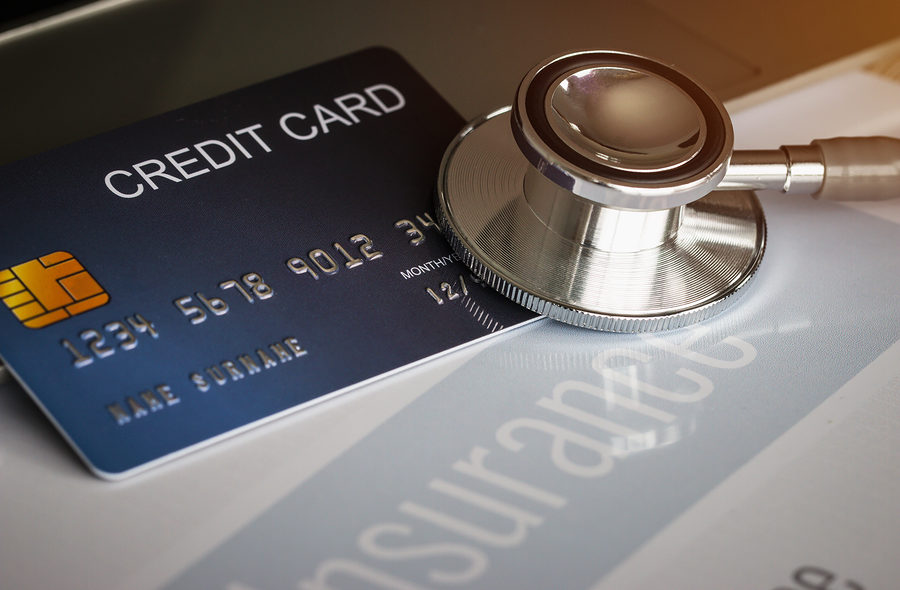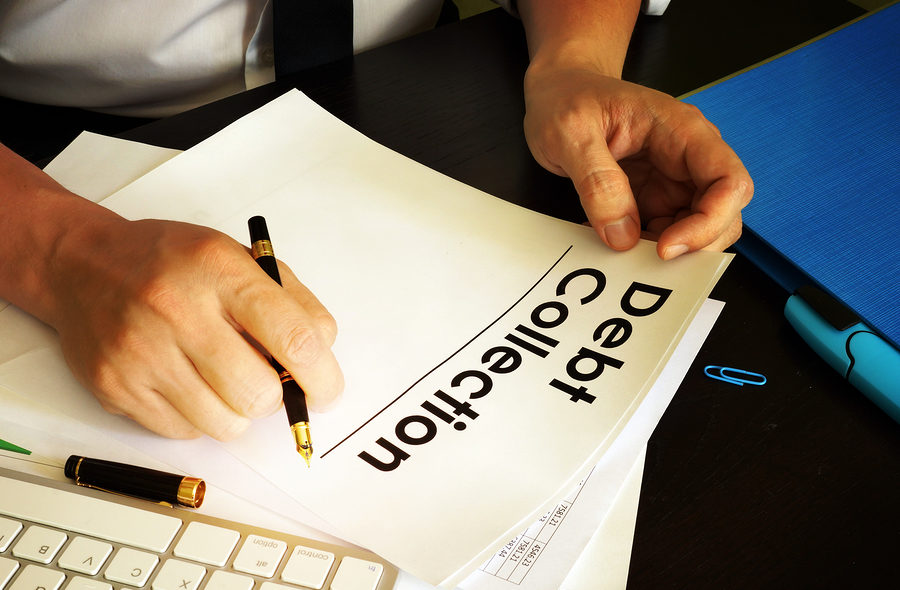The total amount of household debt carried by American consumers increased by $601 billion in 2019, according to recent figures from the Federal Reserve. This increase represents the largest annual jump seen since before the 2007 financial crisis, according to officials at the New York Federal Reserve.
While total household debt has increased by $601 billion, the total amount outstanding has now reached $14 trillion for the first time. The last time the nation has seen national household debt grow this much was in 2007. At the time, household debt jumped by just over $1 trillion.

